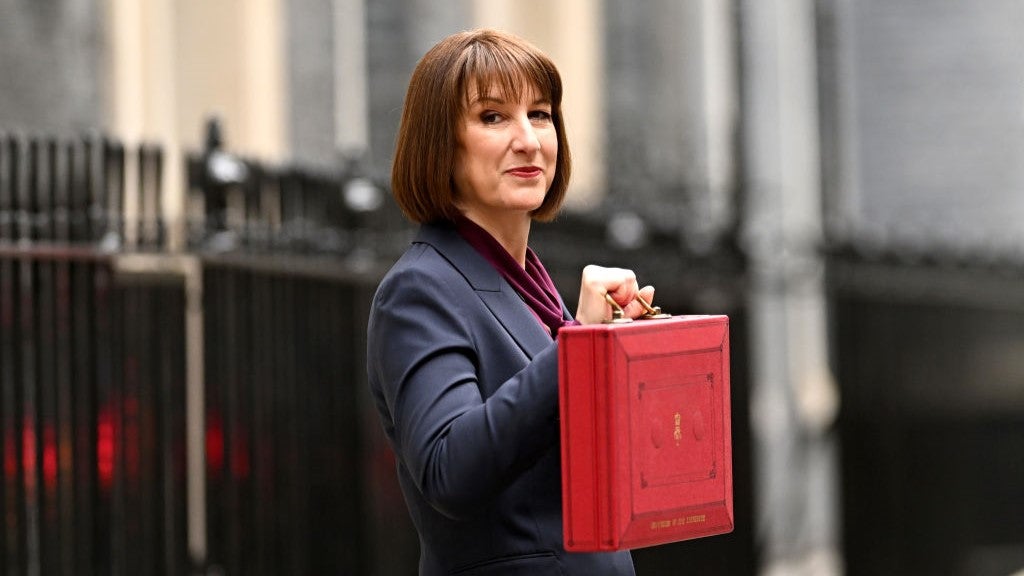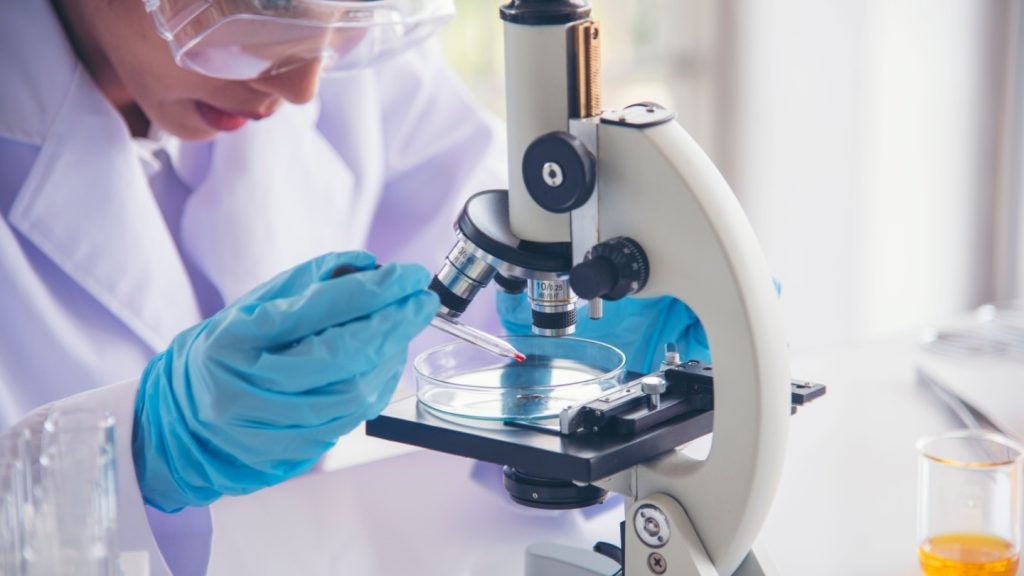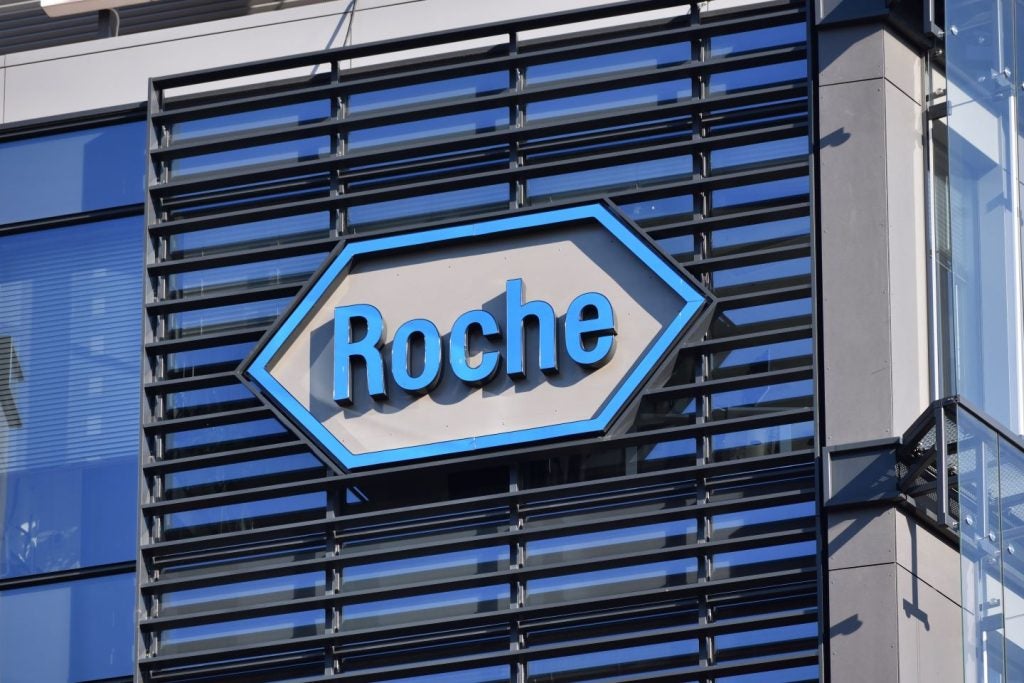The European Commission (EC) has imposed a fine of €462.6m ($502m) on Teva Pharmaceuticals Industries after investigating the company’s practices regarding the standard-of-care multiple sclerosis treatment, Copaxone.
The fine relates to the company's attempts to delay the entry of competitors to Copaxone by artificially extending the therapy’s patent protection and disseminating misleading information about rival products.
Teva held a basic patent for Copaxone's active ingredient, glatiramer acetate, which expired in 2015.
However, the commission found that Teva extended Copaxone's exclusivity by misusing patent procedures and disseminating false information. The markets affected include Czechia, Belgium, Germany, Italy, the Netherlands, Poland, and Spain.
The EC’s decision marks the first instance of imposing a fine for such dual practices, which together constitute a single, continuous infringement of Article 102 of the Treaty on the Functioning of the European Union. The fine was calculated following the commission's 2006 guidelines on fines.
Its investigation uncovered that Teva misused patent procedures by filing staggered divisional patent applications, creating a complex web of secondary patents around the multiple sclerosis therapy.
This claimed to be a deliberate move to prolong legal uncertainty and potentially block the entry of cheaper alternatives.
In addition, according to the EC, Teva orchestrated a systematic disparagement campaign to discredit a competing glatiramer acetate medicine, spreading false claims about its efficacy and safety despite health authorities' approval.
This campaign targeted doctors and national decision-makers, aiming to slow down or completely block the rival product's market entry in various EU Member States.
In response to the decision, Teva expressed deep disappointment stating that it has cooperated with the commission since 2019.
The company disputes the legal theories applied by the EC, which it considers untested and factually unsupported.
Teva expressed that it is prepared to defend its position on appeal and has reassured it will continue to support the multiple sclerosis community, which it has been part of since 1996, without distraction from providing access to Copaxone.














